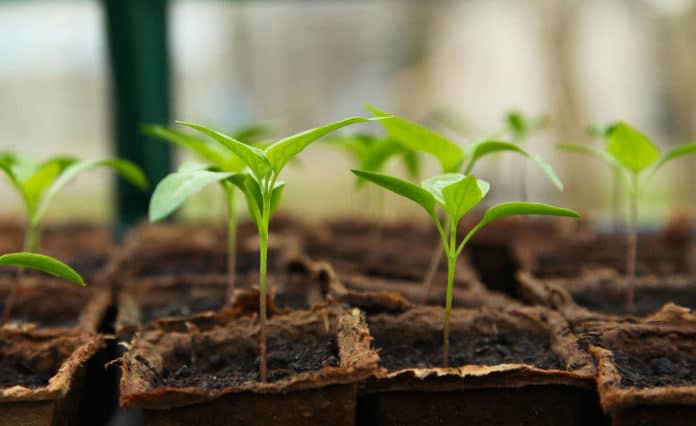Heat stress causes multifarious and often adverse alterations in plant growth and development. To endure and increase their chances of survival, plants activate the heat shock response.
This response is a molecular pathway also used by human and animal cells for stress protection. However, what promotes this response in plants remains elusive.
Scientists from the Technical University of Munich (TUM) have discovered how plants respond to heat stress. They found that plant steroid hormones can promote heat shock responses in plants. This response protects cells in various ways, one of them being the production of so-called heat-shock proteins, which serve as molecular shields that protect proteins by preventing misfolding.
Brigitte Poppenberger, Professor for Biotechnology of Horticultural Crops, said, “Heat stress can negatively affect plants in their natural habitats and destabilize ecosystems while also drastically reducing crop harvests, thereby threatening our food security.”
Plants activate heat shock factors and also other molecular players. Especially, hormones as chemical messengers are vital factors. One such hormone is brassinosteroids, which primarily regulate their growth and development. The hormone also increases the heat stress resistance of plants.
Scientists, in this study, discovered what contributes to this protective ability. They used the Arabidopsis thaliana as a model plant.
They found that the hormone regulates a specific transcription factor – a particular protein responsible for switching certain sections of the DNA on or off. This transcription factor, called BES1, can interact with heat shock factors, thereby allowing genetic information to be targeted towards an increased synthesis of heat shock proteins.
An increase in BES1 activity leads plants to become more resistant to heat stress. Furthermore, the group has demonstrated that BES1 is activated by heat stress and that brassinosteroids stimulate this activation.
Prof. Poppenberger said, “These results are not only of interest to biologists trying to expand our understanding of the heat shock response but also have the potential for practical application in agriculture and horticulture.”
Journal Reference:
- Albertos, P., Duendar, G., Schenk, P., Carrera, A., Cavelius, P., Sieberer, T., and Poppenberger, B. (2022): The transcription factor BES1 interacts with HSFA1 to promote heat stress resistance of plants. EMBO Journal. DOI: 10.15252/embj.2021108664
